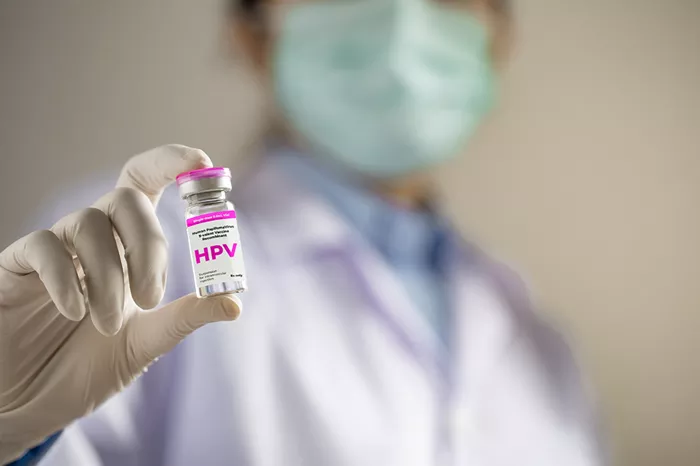Human papillomavirus (HPV) is often seen as a women’s health issue because it causes most cervical cancer cases.
However, HPV also affects men, causing cancers like penile, anal, and oropharyngeal (throat) cancers, as well as genital warts. Despite these risks, boys and men are frequently overlooked in HPV vaccination efforts.
Why Men Need the HPV Vaccine Too
HPV spreads through intimate skin-to-skin contact during vaginal, anal, or oral sex—even when no symptoms are visible. Vaccinating boys and men helps protect them from HPV-related diseases and reduces virus transmission across all genders, supporting herd immunity.
The Gynecologic Oncology team at Healthway Cancer Care Hospital (HCCH) highlights that HPV vaccination can prevent genital warts and several cancers in men.
The recommended vaccine, Gardasil 9, protects against nine HPV types linked to cancers of the cervix, anus, vulva, vagina, penis, and throat. Vaccination is advised for preteens aged 11-12 but can start as early as nine and is recommended up to age 45 for both men and women.
HPV Vaccination: Long-Term Protection and Benefits
Studies show that completing the HPV vaccine series offers long-lasting protection, with no evidence of waning immunity even after 10 years. Even those already exposed to one HPV strain benefit from vaccination, as it protects against other high-risk strains.
Cervical Cancer: Prevention and Early Detection
Cervical cancer remains the second most common cancer among Filipino women. Vaccination combined with regular screening—such as Pap smears, HPV DNA tests, or VIA—is essential because vaccines do not cover all high-risk HPV types.
Early cervical cancer often shows no symptoms, making screening vital. Symptoms in advanced stages include unusual vaginal bleeding, heavy discharge, pelvic pain, and fatigue. If you experience these, consult a healthcare provider promptly.
Practical Advice and Discounts
HCCH offers discounted HPV vaccines until June 30, 2025: Gardasil 4 for P2,871 and Gardasil 9 for P5,976, including doctor screening and administration. Getting vaccinated before sexual activity begins provides the best protection and helps reduce HPV spread in the community.


